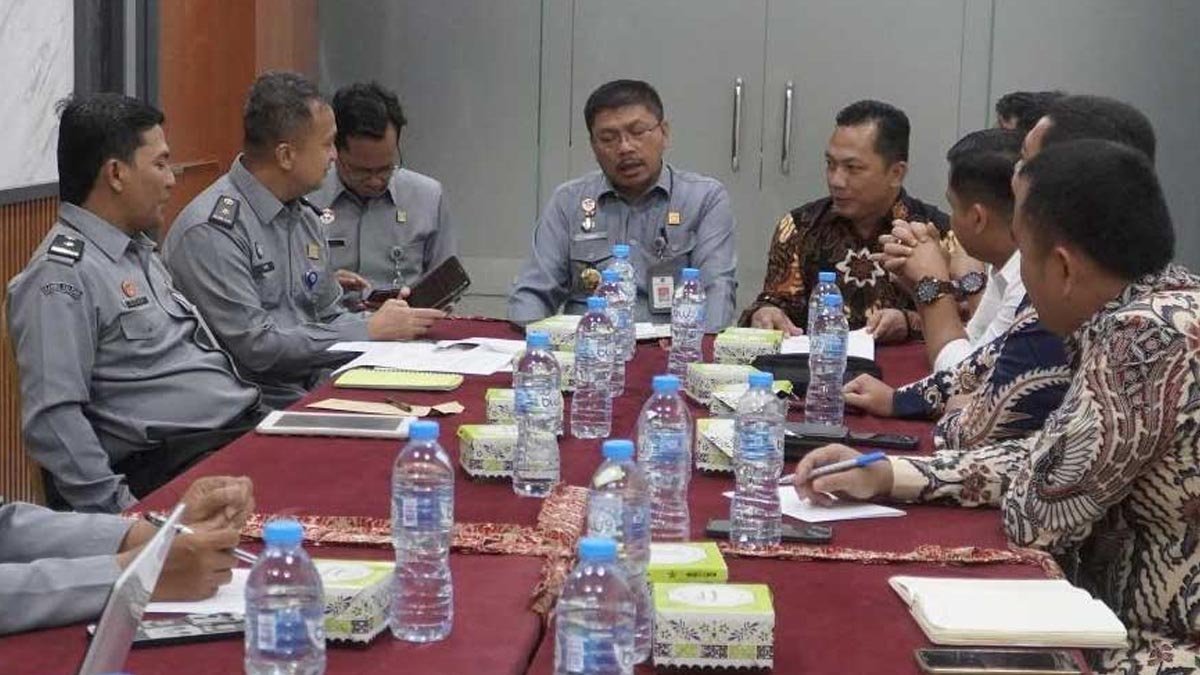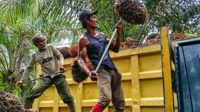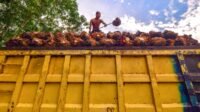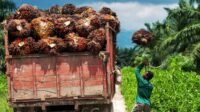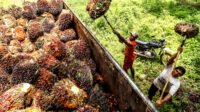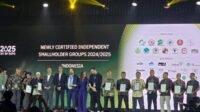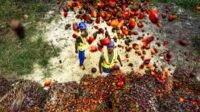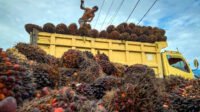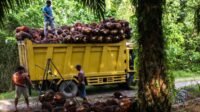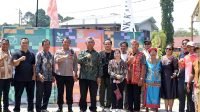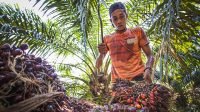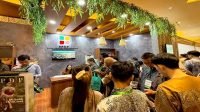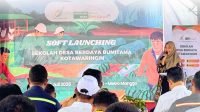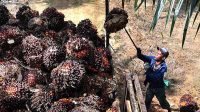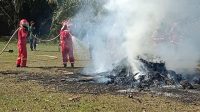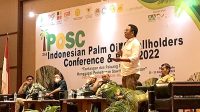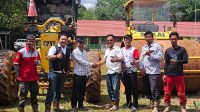PALMOILMAGAZINE, PONTIANAK – The Regional House of Representatives (DPRD) of Sekadau Regency held a mediation and consultation meeting to discuss two draft regional regulations (Raperda) concerning the trade and levy system for fresh fruit bunches (FFB) of oil palm.
The meeting, held at the Transit Meeting Room of the West Kalimantan Ministry of Law and Human Rights Office on Tuesday, was attended by various stakeholders, including representatives from the West Kalimantan Ministry of Law and Human Rights.
The session was opened by Zuliansyah, Head of the Legislation and Legal Development Division of the West Kalimantan Ministry of Law and Human Rights. He stated that this discussion was a follow-up to a mediation and consultation request submitted by the Sekadau DPRD’s Regional Regulation Formation Agency (Bapemperda). The two draft regulations under review cover; Palm Oil FFB Trade System for Smallholders, and Levy on Smallholder FFB Transactions with Loading Ramps.
Als0 Read:
Jonny Pesta Simamora, Head of the West Kalimantan Ministry of Law and Human Rights Office, praised Sekadau DPRD’s efforts in involving the ministry to ensure well-structured regulations. He also stressed the importance of regulatory harmonization before facilitation by the Provincial Legal Bureau.
Meanwhile, Bernadus Mochtar, Chairman of Bapemperda DPRD Sekadau, stated that this discussion aimed to accelerate the implementation of these regulations, considering that the majority of Sekadau residents rely on the oil palm plantation sector.
During the discussion, Dini Nursilawati, a Senior Legislative Drafter, presented findings from Task Force 1’s study on the Regional Regulation Formation Program (Propemperda). She emphasized the importance of local government involvement in collecting FFB transaction levies and noted that the legal basis for smallholder FFB trade via loading ramps still needs to be strengthened.
She also highlighted the need for legal opinions to ensure that the economic potential of the oil palm sector in Sekadau contributes to Local Own-Source Revenue (PAD). With 60-70% of Sekadau’s farmers dependent on palm oil, this regulation is expected to boost the region’s economic growth.
At the end of the meeting, it was agreed that a more in-depth study on the FFB transaction levy mechanism would be conducted. Additionally, consultations with the Directorate General of Legislation will be pursued for further guidance. Sekadau DPRD hopes that these regulations will provide a strong legal foundation while increasing PAD through the palm oil plantation sector. (P2)

